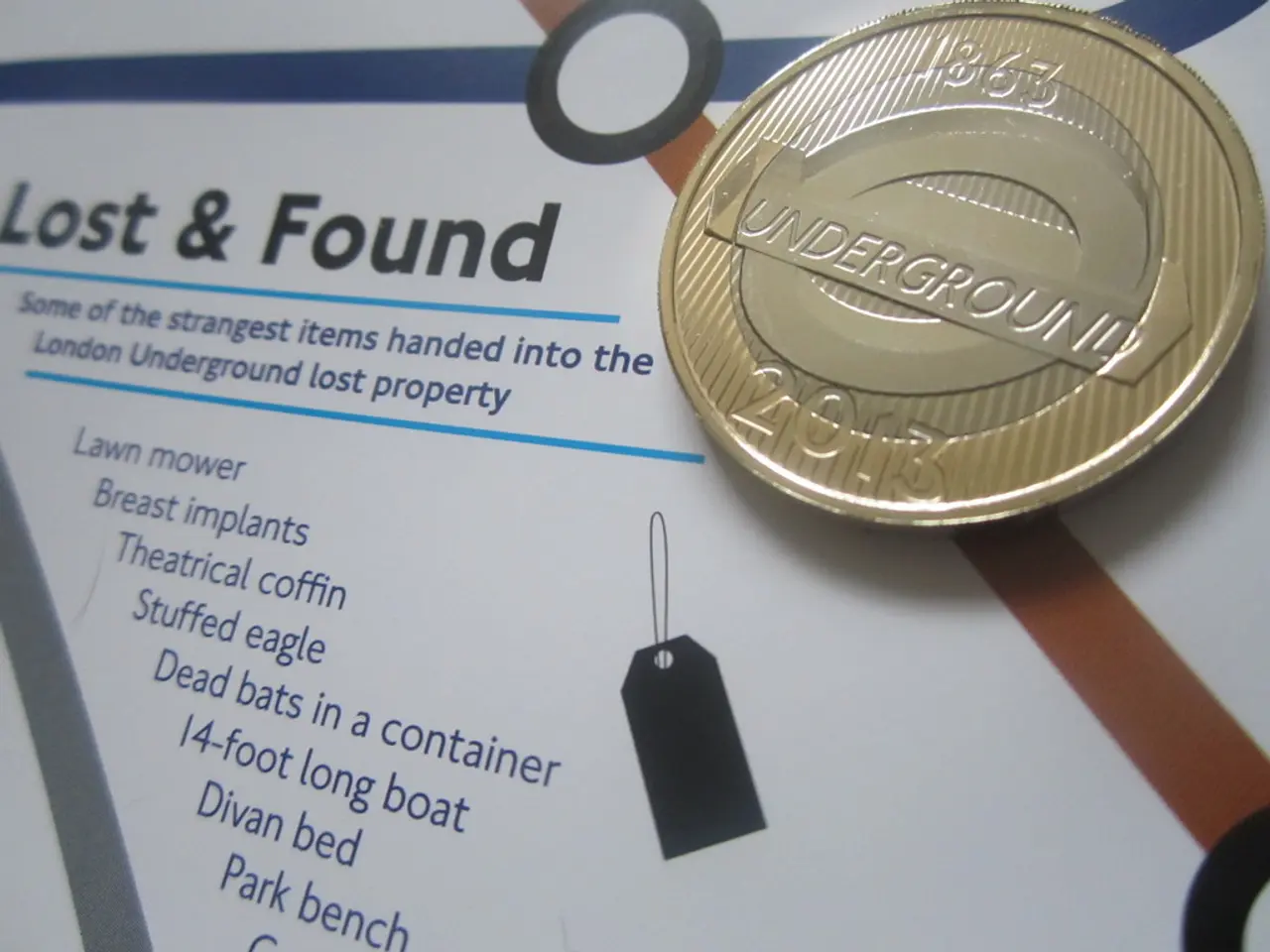Central Bank Officials Champion Tokenization's Advancement at IMF Gathering
In the rapidly evolving world of finance, a groundbreaking research initiative led by the Bank for International Settlements (BIS) Innovation Hub is making waves. Known as Project Pine, this ongoing project is focused on the implementation of central bank open market operations using tokenization and smart contracts.
The goal of Project Pine is to explore the technological and practical feasibility of integrating wholesale central bank digital currency (CBDC), commercial bank money, and tokenized government securities into a unified financial architecture. As of mid-2025, the project has published findings and is advancing pilot studies that lay the groundwork for this new financial infrastructure.
The project involves collaboration among multiple central banks, including the New York Innovation Centre of the BIS Innovation Hub, investigating how tokenized assets and programmable money can streamline and automate central bank operations. While specific operational rollout timelines have not been publicly detailed, the initiative is at a stage of active research, pilot implementation, and experimentation.
The project aims to demonstrate the use of smart contracts to automate open market operations and the integration of various forms of money and securities on a tokenized platform, enhancing efficiency, transparency, and interoperability in wholesale financial markets.
At a recent panel discussion during the IMF Spring meetings, Agustin Carstens, outgoing BIS general manager, emphasized that tokenization could be the future of a sophisticated financial system. Piero Cipollone, Director of the European Central Bank (ECB), sees tokenization as a means to enable a capital markets union.
The ECB, in its efforts, wants to encourage competition in tokenized markets and avoid inhibiting future innovation by not getting tied to a single technology. Central banks should coordinate with other regulators to provide a regulatory framework for tokenization, ensuring trust and singleness of money in payments, as Mr. Carstens noted.
The Finternet vision, developed by Carstens and Infosys Chairman Nandan Nilekani, was also discussed at the event. This global financial network aims to enable free asset transfers, with user centricity, a unified architecture, and universal availability as key requirements.
Countries adopting tokenization early, especially those with less developed market infrastructures, may leapfrog to become more advanced. For instance, India's Aadhaar identity system and the proliferation of ATMs were given as examples of early adoption benefits.
The BIS has been working on another initiative, Project Agora, a tokenized cross-border payment system. This project, along with Project Pine, represents a significant step towards a more efficient, transparent, and interoperable financial system.
In summary, Project Pine is currently progressing through experimental research and pilot phases exploring wholesale CBDC, commercial bank money, and tokenized government securities underpinned by smart contract technology, led by the BIS Innovation Hub and associated central banks. The future of finance seems to be increasingly tokenized, with central banks playing a crucial role in enabling this transition.
- The Bank for International Settlements (BIS) Innovation Hub's Project Pine is investigating the integration of wholesale central bank digital currency (CBDC), commercial bank money, and tokenized government securities into a unified financial architecture.
- One of the goals of Project Pine is to demonstrate the use of smart contracts to automate open market operations and the integration of various forms of money and securities on a tokenized platform.
- The European Central Bank (ECB) sees tokenization as a means to enable a capital markets union and encourages competition in tokenized markets, avoiding inhibiting future innovation by not getting tied to a single technology.
- The BIS is also working on another initiative, Project Agora, a tokenized cross-border payment system, which, along with Project Pine, represents a significant step towards a more efficient, transparent, and interoperable financial system.
- Countries adopting tokenization early, especially those with less developed market infrastructures, may leapfrog to become more advanced, as examples such as India's Aadhaar identity system and the proliferation of ATMs demonstrate.




